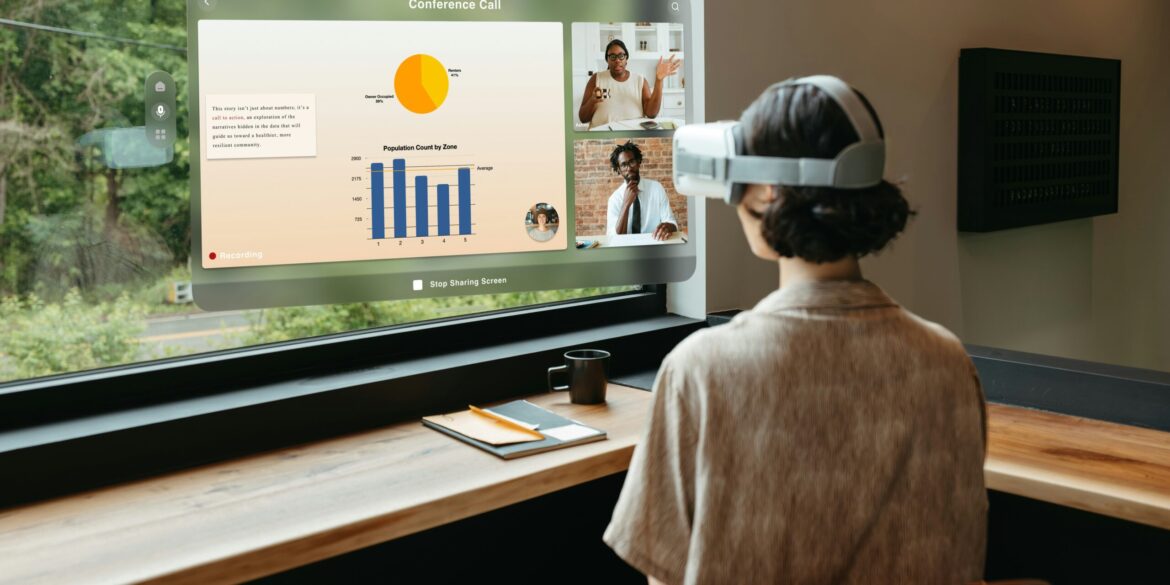The U.S. Department of Health and Human Services, under President Donald Trump, unveiled a sweeping new health-tracking initiative on July 30, 2025, during a White House event titled “Making Health Technology Great Again.” The program brings major tech and healthcare firms—including Google, Apple, Amazon, UnitedHealth Group, and CVS Health—into a collaborative effort to modernize care for chronic conditions like diabetes and obesity through a connected, patient-managed digital ecosystem.
Under the plan, more than 60 companies have agreed to integrate their platforms with a federal system overseen by the Centers for Medicare & Medicaid Services. Participation is entirely voluntary—patients must opt in—but once involved, users can consolidate medical records, lab results, wearable device data, and app-based wellness metrics. AI-powered tools will offer personalized advice, QR codes will streamline check-ins, and medication management apps will support adherence and monitoring.
Supporters of the initiative say it offers several clear benefits: it promises greater care coordination, faster access to health records, and enhanced insight for patients tracking long-term conditions. For instance, users of apps like Noom may receive dietary or exercise guidance based on real-time medical data, while doctors at systems like the Cleveland Clinic could access patient metrics that reveal trends beyond clinic visits—information they say is critical in managing chronic illness effectively.
Yet the initiative has faced strong pushback from privacy advocates, health law experts, and digital rights groups. Lawrence Gostin, a Georgetown University public health law professor, warned of “enormous ethical and legal concerns,” noting that Americans should worry the system could expose sensitive medical data in harmful ways. Critics including Jeffrey Chester from the Center for Digital Democracy criticized the initiative as opening the door for monetization of sensitive and personal health information, especially by companies not subject to HIPAA regulations.
CMS officials stress that patient consent is mandatory and that all data will be secured under federal protocols. They also plan to maintain a curated list of vetted digital health tools on Medicare.gov, helping patients choose trusted apps for chronic disease management, health plan navigation, and provider selection.
The initiative builds on prior efforts dating back to 2018, when the Trump administration first floated plans for a national digital health portal that ultimately failed to gain traction. Critics point to the administration’s prior handling of sensitive personal data—such as releasing CMS data for immigration enforcement—and question whether safeguards will suffice this time.
Looking ahead, CMS and partnering companies aim to launch the system’s first phase in the first quarter of 2026. The early rollout will focus on diabetes and obesity management, conversational AI health assistants, QR check-in capability, and medication tracking tools. As the system scales, its long-term potential includes streamlining patient mobility across health systems, enabling practitioners to make more informed decisions, and reducing administrative burdens traditionally plagued by inefficiencies such as faxed medical records.
Still, several questions remain unresolved: how patient data will be stored and protected, what controls exist to prevent unauthorized secondary use, whether HIPAA-level protections extend to third-party tech platforms, and under what circumstances federal agencies may access the aggregated data beyond its medical purpose.
If successfully implemented, the initiative would represent a major step toward integrating personal technology into healthcare delivery—bridging app-based wellness tracking with traditional medical records and promoting a system designed around patient choice and real-time health insights. But its ultimate impact may depend heavily on the effectiveness of privacy protections and the transparency of data use policies.
The future of U.S. chronic disease care may hinge on this crossroads: innovation and convenience versus privacy and control.

